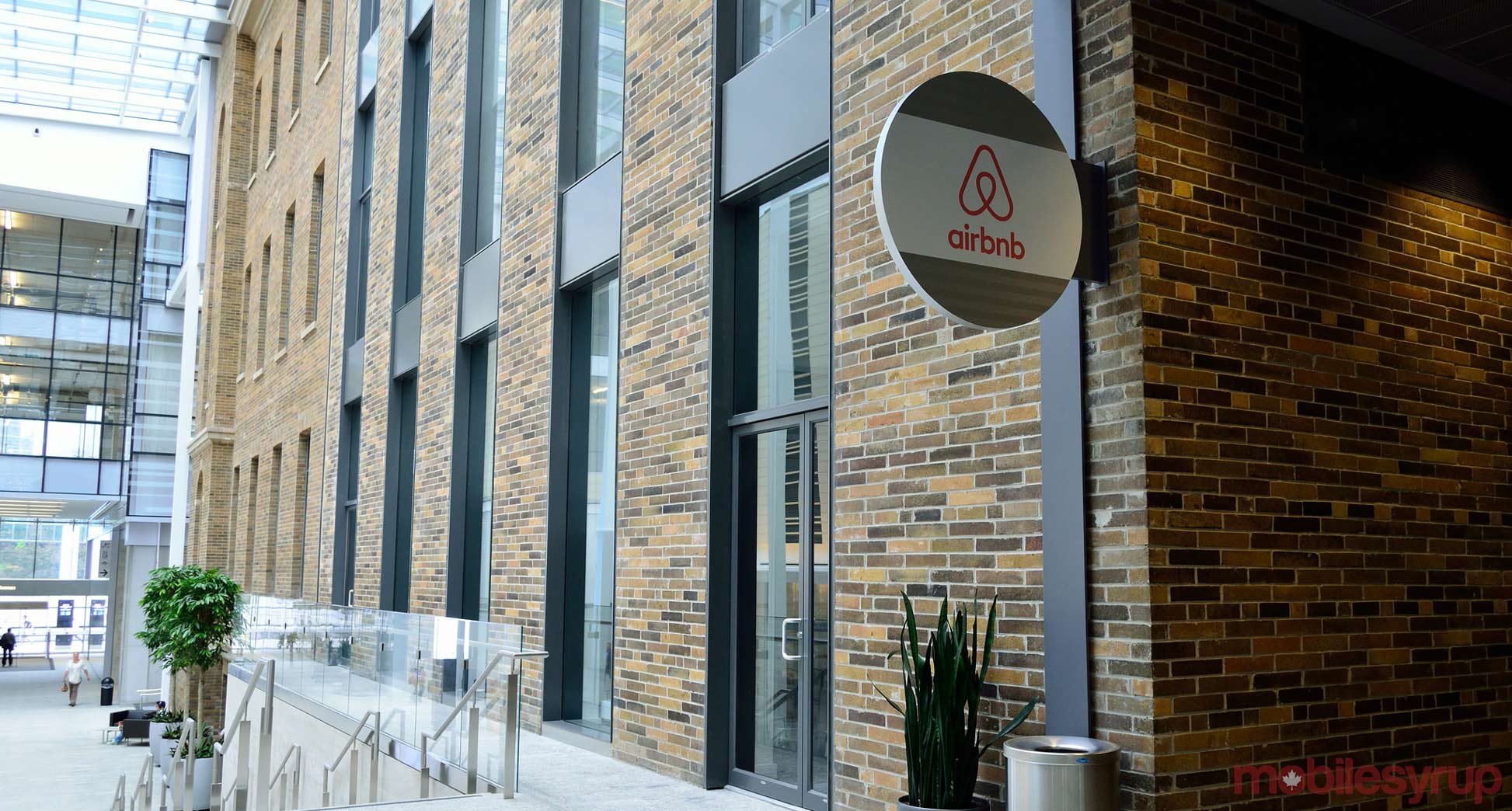
Shortly after the city of Toronto began entertaining the regulation of short-term rentals, Richmond, B.C. will present its proposed bylaws.
The city of Richmond will present its drafted regulations to council this week amid complaints that short-term rentals through Airbnb and other services are disturbing neighbours, reports the Globe and Mail.
These regulations will reportedly permit short-term rentals in an owner’s primary residence and would require said owner to apply for a business license. Furthermore, they would limit the number of rentals permitted in “strata buildings,” or shared, multi-complex apartment buildings or other shared spaces.
Later this month, Vancouver will adopt similar regulations due concerns that Airbnb is negatively disrupting the rental market. This is in contrast to the top complaints about the industry from Richmond residents, which mostly have to do with nuisance calls.
Reports from the Globe indicate that Richmond received over 100 complaints about short-term rental services in 2016. The proposed regulations would made it illegal to operate in strata buildings with fewer than five complexes, while larger buildings would be limited to six guests at a time.
Online booking services such as Airbnb would be required to obtain a permit to operate in the city.
These discussions are already taking a different note than the disastrous ride hailing debacle that took place in B.C. not long ago. While Uber and companies like it are not currently permitted to operate in Vancouver, several other Canadian cities have legalized — or are taking steps towards legalizing — the service.
Discussions about regulating Airbnb and similar services began early this year by multiple major Canadian cities (Toronto, Vancouver, etc.). While Uber fought in multiple courthouses across the country to gain the right to operate on Canadian roads, and still fell short in some cases, regulators seem willing to take a different approach this time around.
It seems that just as 2016 was the year Uber finally made peace with the Canadian government, 2017 could be the year short-term rentals to do the same.
[source]Globe and Mail[/source]
MobileSyrup may earn a commission from purchases made via our links, which helps fund the journalism we provide free on our website. These links do not influence our editorial content. Support us here.


